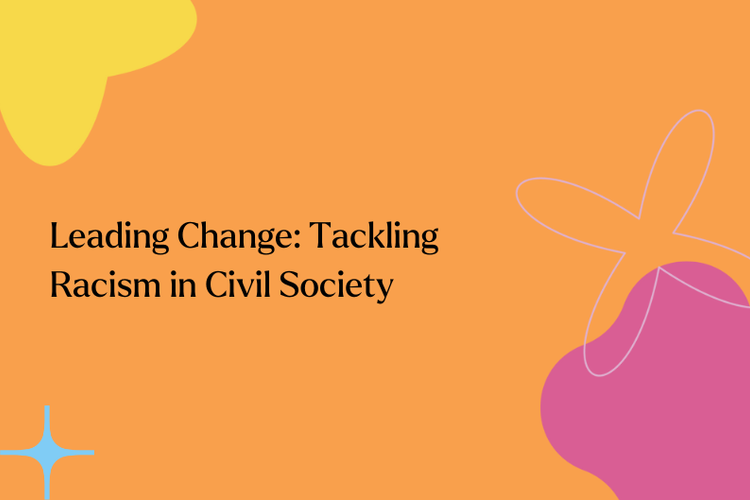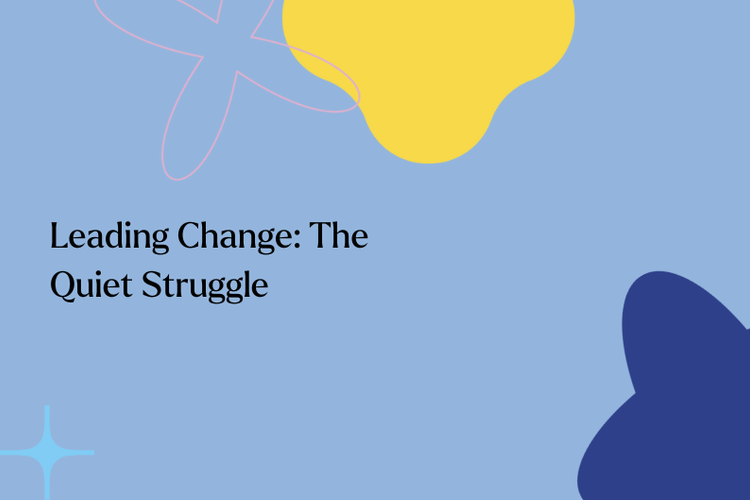
We were delighted to welcome Elaine Thornton as a Researcher at Cadence Partners last year. As part of Neurodiversity Celebration Week, Elaine shared some fascinating insights about her current personal journey towards an ADHD diagnosis.
We were particularly keen to understand what had most surprised her during her learning process, and what adjustments we could make to support her as she discovered more about what working practices and behaviours best suited her.
When did you first start to think you might be neurodiverse?
I was raised African Christian and for me in that context mental health did not exist; I was not allowed to reach out for help. I expected more guidance at school or in sixth form, but I did not receive any. It was only when I got to Nottingham Trent University, where I had to listen, focus and work independently, that I not only felt different mentally from other people at university but was able to act on that.
I went to a local medical practice, where the doctor only took five minutes to diagnose me with anxiety and depression, but I was not convinced by this. TikTok videos asking “do you have ADHD?” had become popular and I started to do my own research, both online and with friends.
What have you learnt so far on your journey?
ADHD is often misdiagnosed as anxiety and depression in women. My best friend was diagnosed when she was seven years old, and she said that in her experience ADHD is a lot of different things. You like your passions, you have lots of hobbies, and you can be good at a lot of things, but then drop them within a week.
Learning about the differences between ADHD in females and males surprised me. My stereotypical perception of ADHD was about being hyperactive, interrupting people, the class clown, however in women it manifests as more reserved, anxious and introverted - you may be only hyperactive in your head and with people you are close to.
I was struck by how varied it is too. It is also misdiagnosed in people of colour. I wonder whether this is due to a lack of research into the subject area.
What steps have you taken so far in your diagnosis?
When you’re younger, diagnosis is quicker, but it is challenging as an adult. Through my research I found out there was an eight-month waiting list to get diagnosed, and looking into medication it was unclear whether it could actually help me – all these factors contributed to me putting the process off for so long.
To get a diagnosis, you need to go to a website, apply, and join the waiting list. There were some useful resources available for you whilst you wait, including getting counselling.
When I started at Cadence in November, I began getting therapy. My ADHD is on the spectrum, and my therapist wants me to go through that process. I “came out” to my friends, who all recognised an ADHD diagnosis would make sense, and this provided me with some comfort.
You’re at the early part of your journey, and there’s still a way to go within the fascinating but complex process, but could you share a few techniques and tips you’ve found useful so far in terms of support in the workplace?
Writing things down: whether that’s taking notes myself, or people sharing minutes or instructions via email after we’ve had a conversation. I find it easier to understand things when they written down, as often when I hear things they go in one ear and out the other.
Scheduling my time: planning my time out and filling up half hour slots in my diary so I can see what I need to concentrate on and achieve that day clearly really helps. It has also been really helpful when I have been partnered on assignments with people who are organised, that helps me a lot.
Background information: being told why I am doing something encourages me to more to do it; I need to understand the reasoning underpinning the request.
Structure and interaction: being in the office is really good for me, as I enjoy talking to people and being able to bounce ideas off them.
Motivation: I need to be motivated before I can start the more boring and administrative tasks, so it really helps having encouraging people around me to help me focus.






















